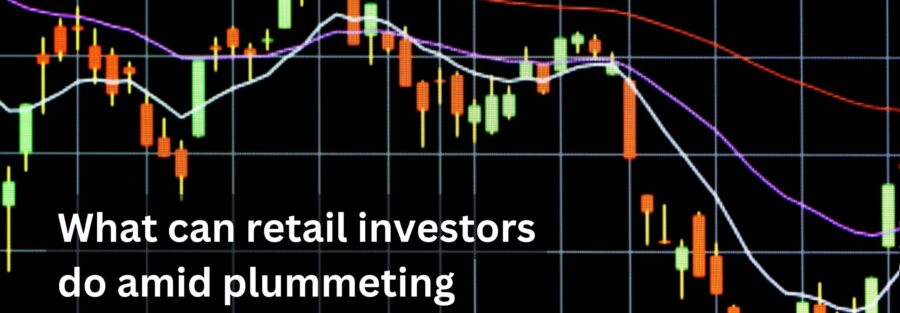Plummeting Adani group share price: What should Retail investors do with their Adani Stocks?
Adani’s share price is plummeting each day bringing down the net worth of Gautam Adani, who is currently 17th in the Forbes list of billion, to $ 61.7 billion from $ 90 billion in a matter of 10 days. The Adani stocks, some of the top investing stocks in India until recently, even collapsed to 54% on NSE. The cause was the accusation of fraud and money laundering by a US short seller named Hindenburg. This Hindenburg Research’s report, which was released on 24th of January, 2023 alleged that Gautam Adani, founder and chairman of the group, has added over $100 billion to his net worth over the last three years, largely through stock price appreciation in the group’s seven key listed companies, which have spiked about 819% in the same period. Only time can tell what will become one of India’s top investing stocks. So, what should retail investors do on Adani Stocks?
In the last couple of years, the Indian market has witnessed a steep rise in retail investors. Propelled by the radical digitalisation of services such as trading advisory that has made investing in stocks possible with a touch of a button and of course, the need of having multiple sources of income, stock market investment has become more popular than ever. Multiple pieces of Research show that the retail investor base has tripled in the Indian stock market in the last five years. At the same time, the focus of the investors has shifted to the F&O segment making the current Indian stock market more volatile than ever and consequently increasing the risk for investors. The Adani group share price plummet has acted as the last straw in an extremely volatile market.
What can be done to minimise your losses
The pertinent point for retail investors is how to make money in this unpredictable Indian stock market which is currently facing a significant blow? To begin with, SEBI has taken various steps to safeguard the interests of retail investors like a screen-based trading system, dematerialization of securities, T+2 rolling settlement, and framed various regulations to regulate intermediaries, issue and trading of securities, and corporate restructuring.
Furthermore, for pragmatic stock market investment, experts suggest that the first step is to understand how much risk an investor is ready to take. For instance, while small and medium-cap segments can give better returns, they involve much larger risk factors. The rigorous selling of shares of Adani has resulted in a 10 to 15% dip in the small and medium-cap segment, as this segment is strongly influenced by market sentiments. Another key point to be considered is to avoid saving all the financial savings in equity assets. It is better to spread the savings to other asset segments like mutual funds and fixed-income securities.
Now, to come back to what retail investors should do with the shares of Adani Stocks, the experts have observed that despite of downward beating Adani Stocks are still on high valuation while retail investors are in utter confusion due to the plummeting of Adani stocks, a dilemma in the current scenario is whether to sell or retain Adani stocks.
Furthermore, a clear determination can only be achieved after quarterly results, and the experts believe that selling or buying of stocks depends on whether a retail investor can cut losses and gain profit. It is prudent to sell the stocks at the right time just like there is a right time to buy the stock. To sell the stocks motivated by fear will only lead to shortcomings due to hasty actions. Selling focused on the right valuation and price is always the right decision.
For more insights in the finance industry, read our article on MamaEarth’s IPO.






